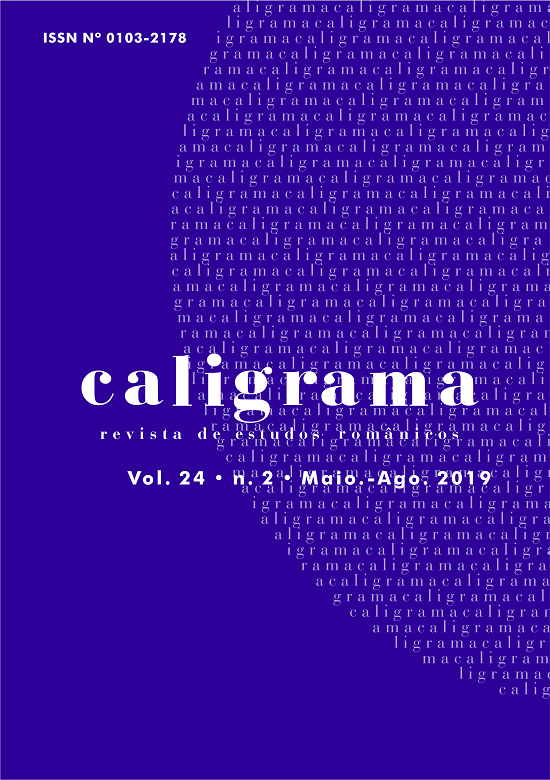Abordagem da variação e da mudança linguística em um curso de graduação em comunicação social – jornalismo e manutenção do preconceito linguístico na mídia / Approach of Variation and Linguistic Change in a Course of Graduation in Social Communication – Journalism and Maintaining Language Preconception in the Media
DOI:
https://doi.org/10.17851/2238-3824.24.2.57-74Palabras clave:
jornalismo, preconceito linguístico, ensino, variação linguística, journalism, linguistic prejudice, teaching, linguistic variation.Resumen
Resumo: Neste artigo, investiga-se o tratamento da variação e da mudança linguística que perpassa os materiais didáticos das disciplinas de Redação e Expressão Oral I, II e III de um curso de graduação em Comunicação Social – habilitação em Jornalismo – de uma Universidade Federal do Sul do Brasil. Por meio de levantamento documental, verificou-se se os materiais didáticos utilizados nas disciplinas realizam, além do ensino da gramática normativa, reflexões sobre a variação e a mudança da língua portuguesa do Brasil. Além disso, foram analisadas as Diretrizes Curriculares Nacionais para o curso de graduação em Jornalismo (Resolução Nº 1, de 27 de setembro de 2013) e o relatório da última prova do Exame Nacional de Desempenho dos Estudantes aplicada no ano de 2015 para o curso de Jornalismo para verificar se são cobrados aspectos voltados ao emprego da linguagem e sob qual perspectiva. A hipótese é de que os materiais didáticos utilizados no curso de formação do profissional jornalista contribuem com a intolerância para com as variedades linguísticas do Português Brasileiro. A partir da análise, constata-se que os materiais investigados promovem o ensino tradicional do padrão linguístico normativo, ou seja, diferentemente do que preconizam os estudos linguísticos atuais e o relatório da última prova do Enade, há uma discussão superficial sobre a variação e a mudança linguística no curso de Comunicação Social - Jornalismo, reproduzindo textos jornalísticos com temas sobre o “empobrecimento da língua”, que multiplicam as críticas que retratam a imprensa como uma das fontes de difusão do preconceito linguístico.
Palavras-chave: jornalismo; preconceito linguístico; ensino; variação linguística.
Abstract: In this paper, we investigate the approach to variation and linguistic change that pervades didactic materials of the disciplines of Writing and Oral Expression I, II and III of an undergraduate course in Social Communication - degree in Journalism – of a Federal University from the South of Brazil. Through documental research, it was verified if the didactic materials used in the subjects leave room for, in addition to the teaching of normative grammar, reflection on the variation and the change of the Portuguese language of Brazil. In addition, the National Curriculum Guidelines for the undergraduate course in Journalism (Resolution No. 1, September 27, 2013) and the report on the last test of the National Student Performance Examination applied in 2015 in the Journalism course were analyzed to check if language use aspects had been encompassed under what perspective. The hypothesis is that the didactic materials used in the training course of the professional journalist might foster intolerance towards the linguistic varieties of Brazilian Portuguese. From the analysis, it is verified that the materials investigated promote the traditional teaching of the normative linguistic standard, that is, unlike the current linguistic studies and the report of the last Enade test, there is a superficial discussion about variation and linguistic change in the Social Communication – Journalism course, reproducing journalistic texts with themes on the “impoverishment of the language” that increase the criticism that portrays the press as one of the sources of diffusion of linguistic prejudice.
Keywords: journalism; linguistic prejudice; teaching; linguistic variation.





